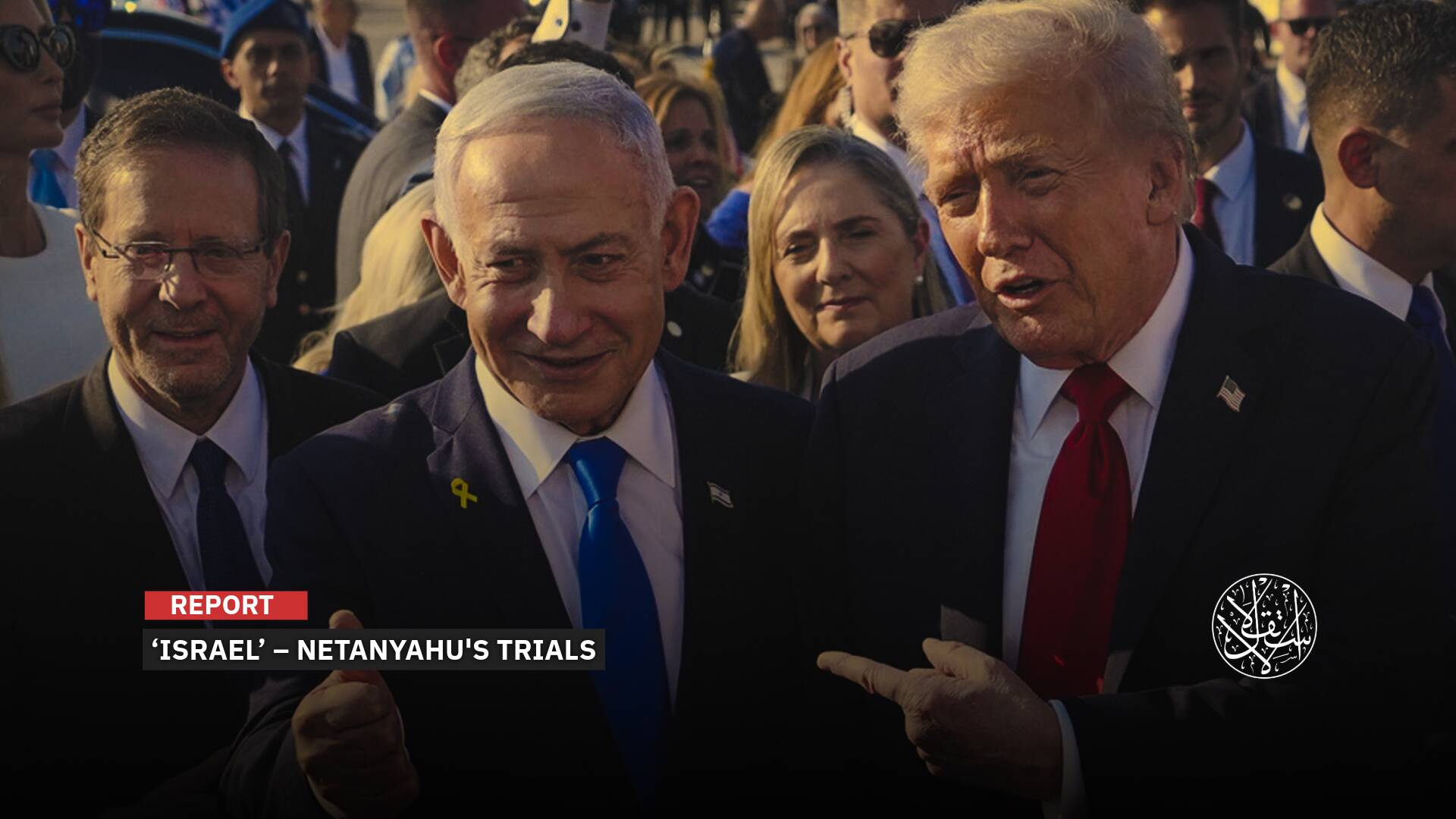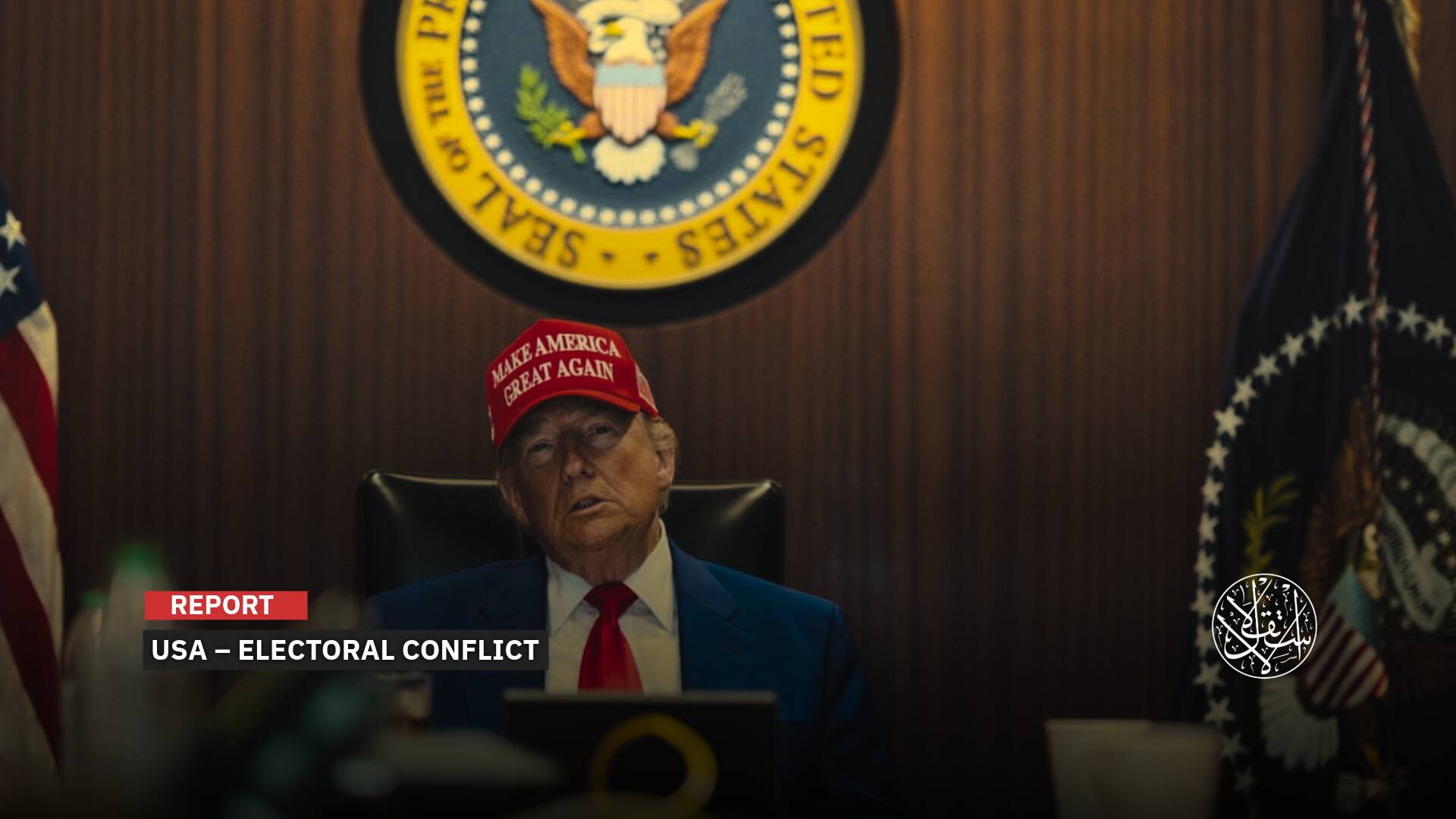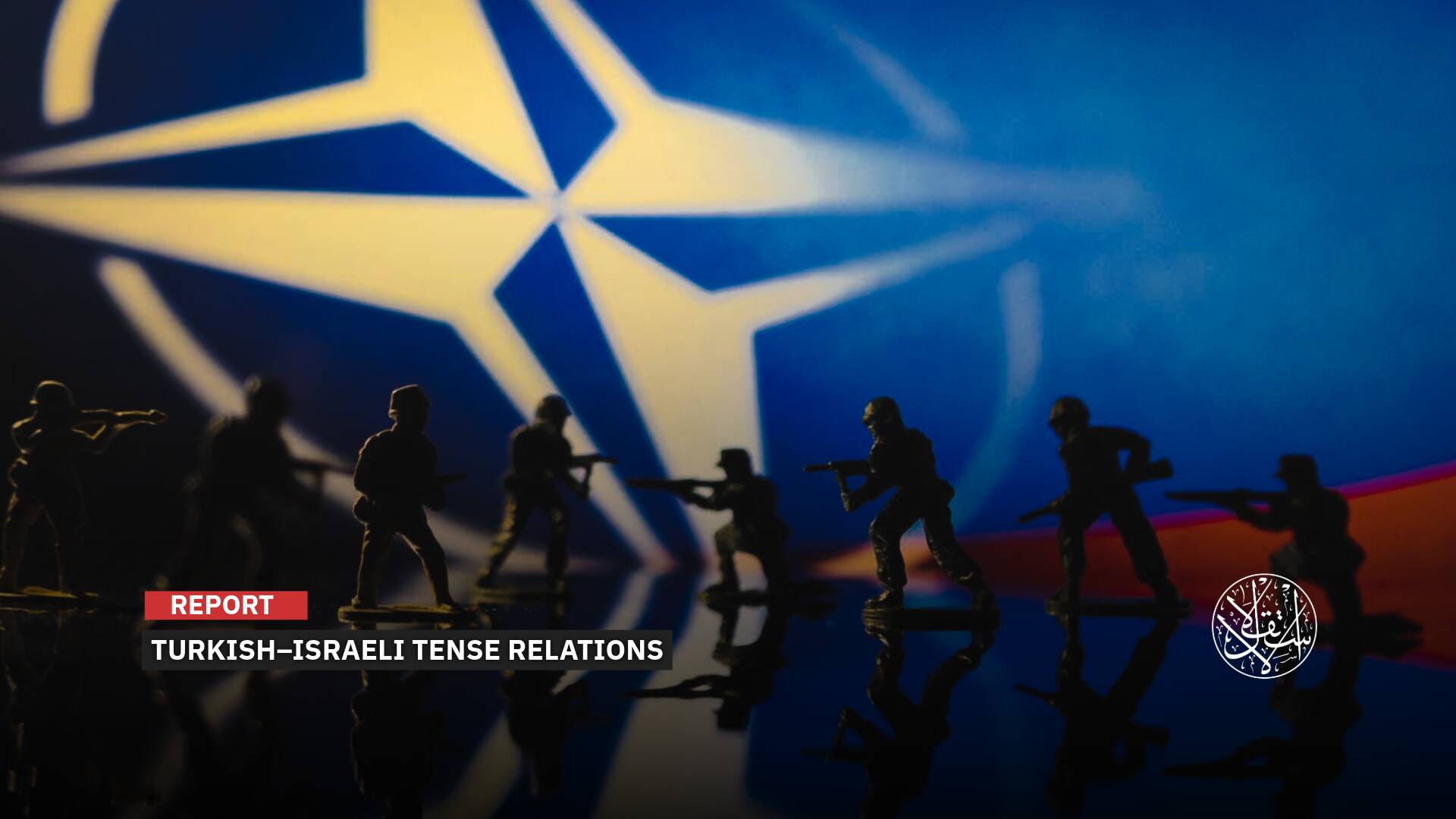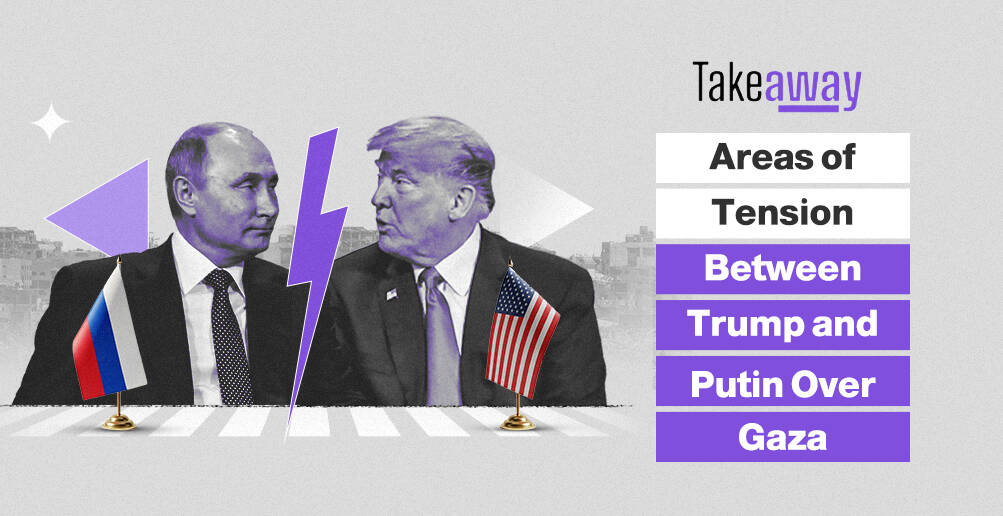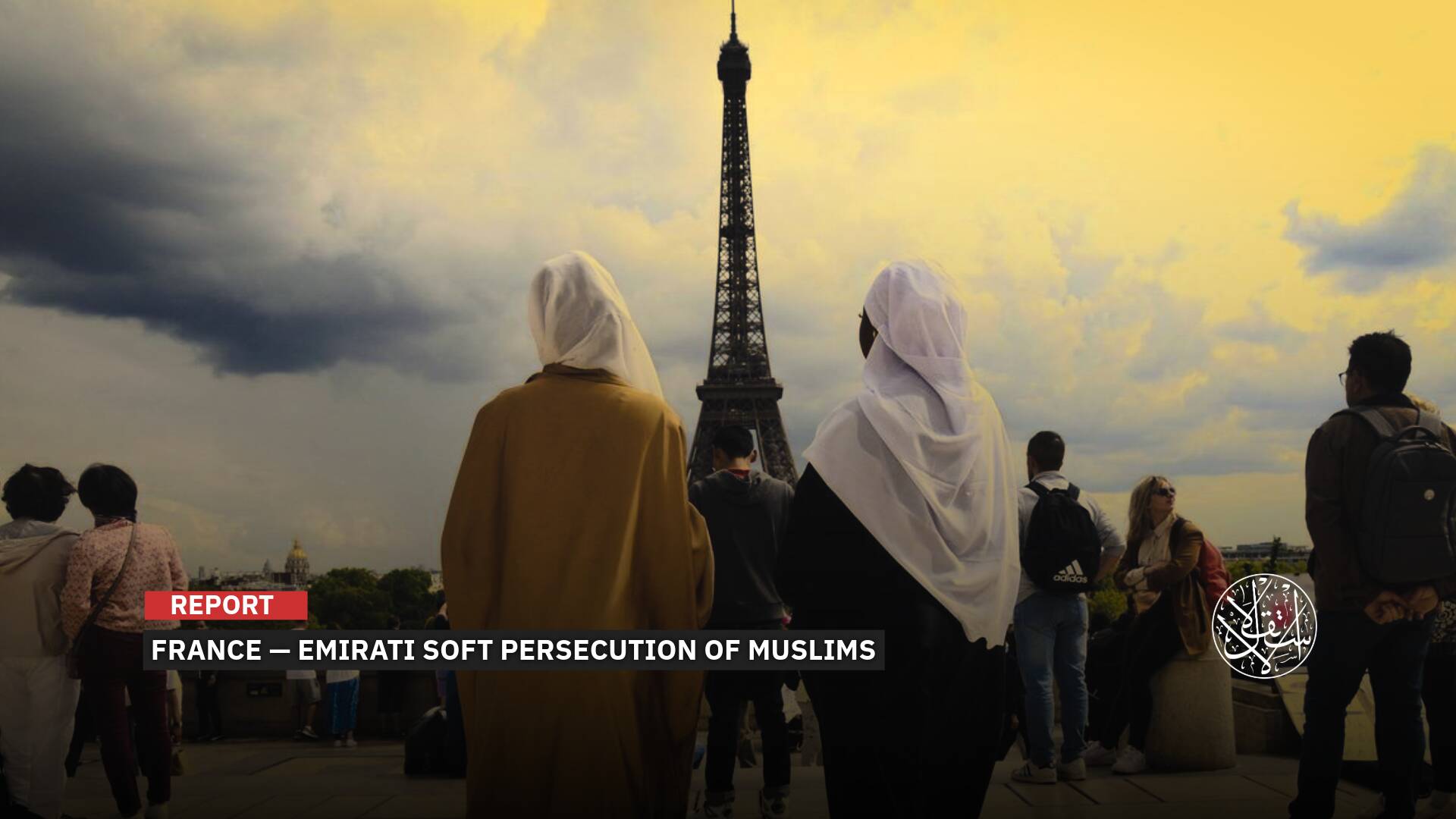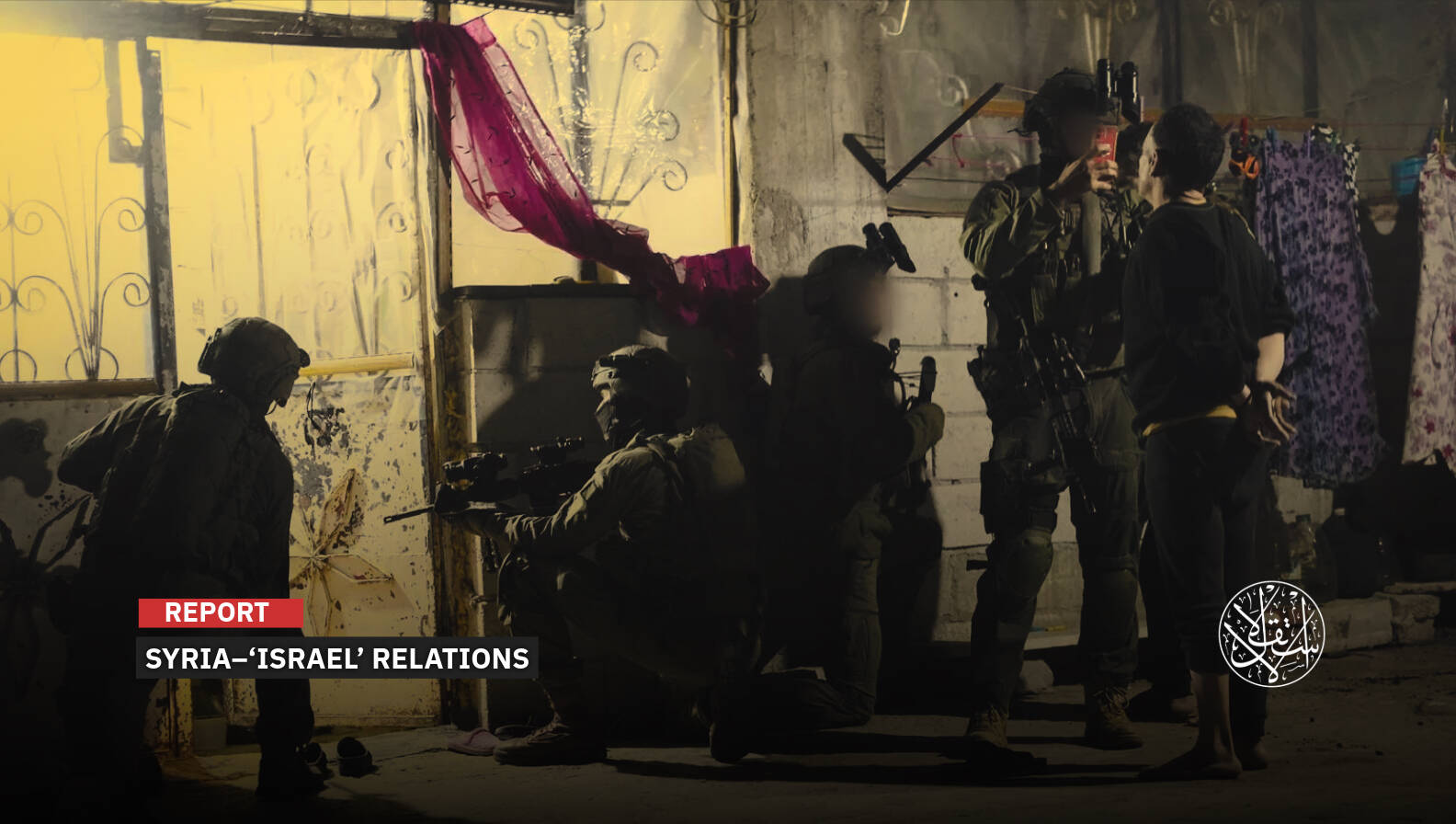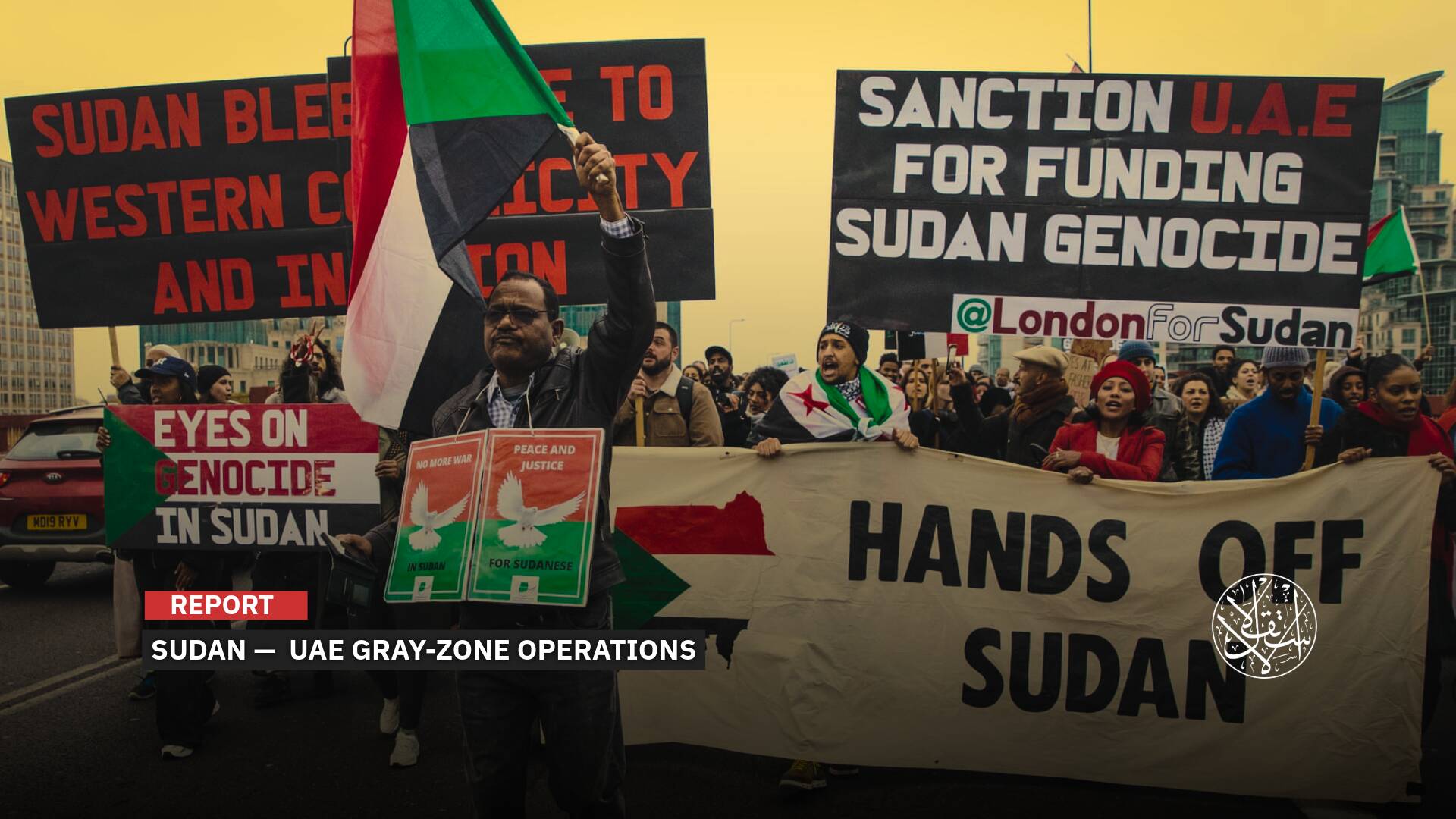US-Backed Genocide: Why Has 'Israel' Resumed Its Genocidal War on Gaza?

“The current Israeli escalation in Gaza was a political maneuver aimed at keeping Netanyahu in power.”
The large-scale Israeli airstrikes on the Gaza Strip represent a new turning point in the course of the conflict that has been raging since October 7, 2023.
However, observers see them as merely a reflection of the collapse of all diplomatic efforts and negotiating rounds, which have reached a dead end due to Israeli procrastination and attempts to impose agreements without guarantees.
Israeli Prime Minister Benjamin Netanyahu had resumed his genocidal war on Gaza after refusing to move to the second phase of the ceasefire and prisoner exchange.
Netanyahu's decision to resume the bombing sparked widespread protests in “Israel”, where 59 hostages remain in Hamas's custody, 24 of whom are believed to be still alive.
The Israeli Broadcasting Authority revealed that Washington had prior knowledge of the Israeli strikes, proving that what is happening is not just a separate aggression, but a systematic policy aimed at the extermination of Palestinians.
Sudden Escalation
Since dawn on Tuesday, March 18, 2025, “Israel” began intensive airstrikes targeting all parts of the Gaza Strip, as part of a military operation dubbed ‘Courage and Sword’, amid widespread propaganda claimed that the operation aimed to achieve the war's objectives, primarily the release of Israeli hostages, whether alive or dead.
Over the past two days, more than 436 Palestinians have been killed and hundreds more wounded, the majority of them women and children, as a result of the ongoing Israeli bombardment of residential neighborhoods in Gaza.
Netanyahu has identified three goals for the current operations in Gaza: the release of all prisoners, the elimination of Hamas, and ensuring that Gaza no longer poses a threat to “Israel”.
He noted that what is happening now is only the beginning, and that negotiations will continue under the bombardment.
However, the Israeli army has extensively targeted civilian homes, killing hundreds of women and children in cold blood, repeating years of war crimes.
On March 19, the Israeli army launched a ground operation 3 kilometers deep inside the Gaza Strip, aiming to expand the security zone and create a buffer zone between the north and south of the Strip. As part of the operation, it took control of the Netzarim axis in central Gaza.
According to Yedioth Ahronoth, “Israel” seeks through this move to intensify pressure on Hamas, claiming that thousands of fighters have moved north after its forces withdrew from the axis earlier.
Israeli Army Minister Israel Katz also issued warnings to Palestinians in various areas, demanding their immediate evacuation in preparation for launching violent attacks.
With this sudden escalation, “Israel” aims to exert maximum pressure on the resistance factions to make further concessions, especially after the rejection of US envoy Steve Witkoff's proposal to extend the first phase of the ceasefire agreement until all Israeli hostages are released without committing to the remaining phases.
Witkoff had proposed releasing five Israeli hostages in exchange for extending the ceasefire for an additional 50 days, along with the release of Palestinian prisoners from Israeli prisons and the entry of humanitarian aid.
However, Hamas agreed only to the release of an Israeli-American soldier and the bodies of four dual nationals. Witkoff considered this move as a rejection of his proposal, which he had demanded be implemented literally.
In the face of this treacherous aggression, Hamas asserted that the Israeli occupation bears full responsibility for the escalation and is pushing the region toward open war.
It viewed the resumption of the war as a political lifeline for Netanyahu from his internal crises, even if it came at the expense of the Israeli prisoners held in the Gaza Strip.
It accused the Netanyahu government of ‘neo-Nazism’, asserting that Israel's policy of mass killing, with American support, constitutes a crime of genocide that requires urgent international action.

American Support
The Israeli escalation was not a unilateral decision, but rather came with the approval and direct coordination of the US administration.
White House Press Secretary Karoline Leavitt confirmed that “Israel” consulted with the Trump administration regarding the attack before it was carried out.
She added that “Hamas, Iran, and the Houthis will pay a price,” indicating that Washington views the aggression on Gaza as part of its larger regional battle.
On his part, White House National Security Council spokesman Brian Hughes said, “Hamas could have released prisoners and extended the ceasefire, but it chose rejection and war.”
Trump had previously publicly issued a warning using similar words, saying that “Hamas should release all hostages in Gaza or let hell break out.”
American support was not limited to political statements; rather, it also included sending massive military reinforcements to the region.
According to the Wall Street Journal, President Trump gave Netanyahu the green light to resume the war and sent bombers and aircraft carriers to defend “Israel”.
In addition, hours before the Israeli bombing, Washington launched a wave of intensive military strikes against the Houthis in Yemen, a move aimed at neutralizing the last support front for the Palestinian resistance.
The Houthis had launched more than 100 attacks targeting shipping from November 2023, saying they were acting in solidarity with Palestinians over Israel's war on Gaza.
The United States also intensified its deterrent threats against Iran to prevent it from attempting to open new support fronts.
In turn, political analyst Ismail Maslamani explained to Al-Estiklal that “the new Israeli aggression on Gaza is not a temporary escalation or a reaction to the Netanyahu government's claims regarding Hamas's rejection of Witkoff's proposal. Rather, it is the result of Israeli political and military arrangements, coupled with unwavering American support.”
“It appears that Israel is heading toward a long round of fighting, characterized by gradual escalation, aimed at imposing a new reality in Gaza, either by weakening the resistance or causing an administrative and humanitarian collapse that would lead to reshaping Gaza’s future according to the Israeli agenda,” he said.
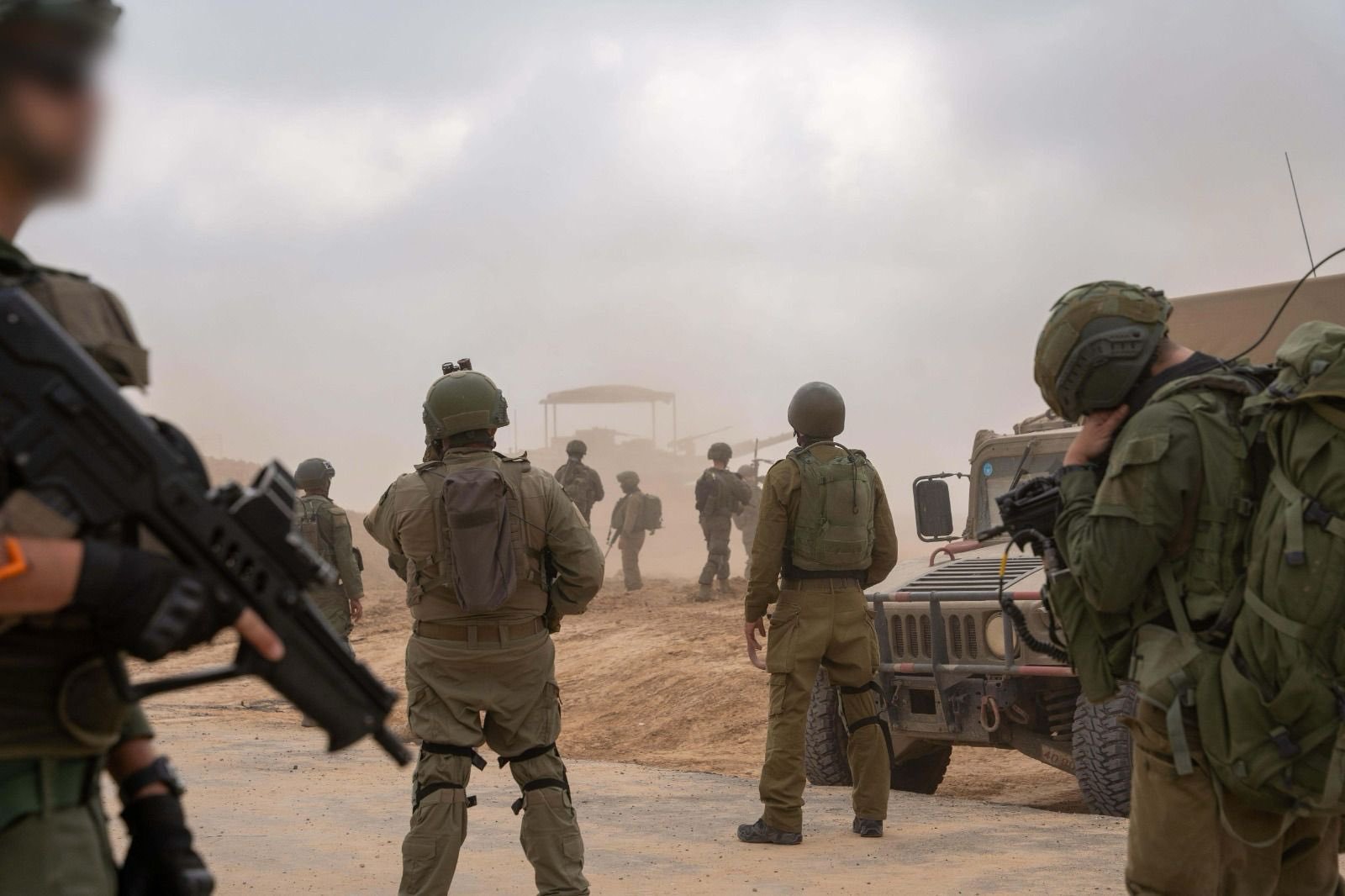
Political Maneuver
The attacks on Gaza come as “Israel” faces a worrisome two-week period for the political system.
The Israeli Knesset must approve the state budget by the end of March 2025, or the country will head to elections, according to Yedioth Ahronoth.
The newspaper says that if the budget is approved, Netanyahu could remain in office until the November 2026 elections, noting that other issues could also undermine the government’s stability.
Therefore, Netanyahu needed to secure the support of the far-right factions within his right-wing coalition, especially those who had been calling for weeks to re-target Gaza.
In addition, the option of going to war could give Netanyahu hope of remaining in power for as long as possible, hoping to escape his internal crisis with his security services, at a time when Israeli public opinion was preparing for massive demonstrations this week.
Moreover, Netanyahu faces a corruption trial that could lead to his imprisonment. He obtained judicial approval to postpone his attendance at one of his trial sessions on the grounds of resuming the war, which reinforces suspicions that he is using military escalation to escape the consequences of his trial.
It is no secret that the Netanyahu government's primary goal behind resuming the bombing of Gaza is to eliminate Hamas, render Gaza uninhabitable, and then move toward the displacement plan proposed by Trump.
In a related context, far-right ministers in Netanyahu's government welcomed the resumption of fighting in Gaza.
Finance Minister Bezalel Smotrich commented that he has remained in the government to this point despite his opposition to the ceasefire agreement, noting that “they are more determined than ever to complete the mission of destroying Hamas.”
National Security Minister Itamar Ben-Gvir confirmed that the Jewish Power party welcomes Israel's return to intensive fighting in Gaza, considering it a correct, moral, and ethical step to destroy Hamas and return the Israeli captives.
Some sources suggested that Ben-Gvir may return to the government after withdrawing from it in protest against the ceasefire and the prisoner exchange deal with Hamas (which actually happened yesterday).
The resumption of the attack on Gaza also helped Netanyahu ease the domestic pressure resulting from his intention to dismiss Shin Bet chief Ronen Bar, a decision that could lead to widespread protests from the opposition and the public.
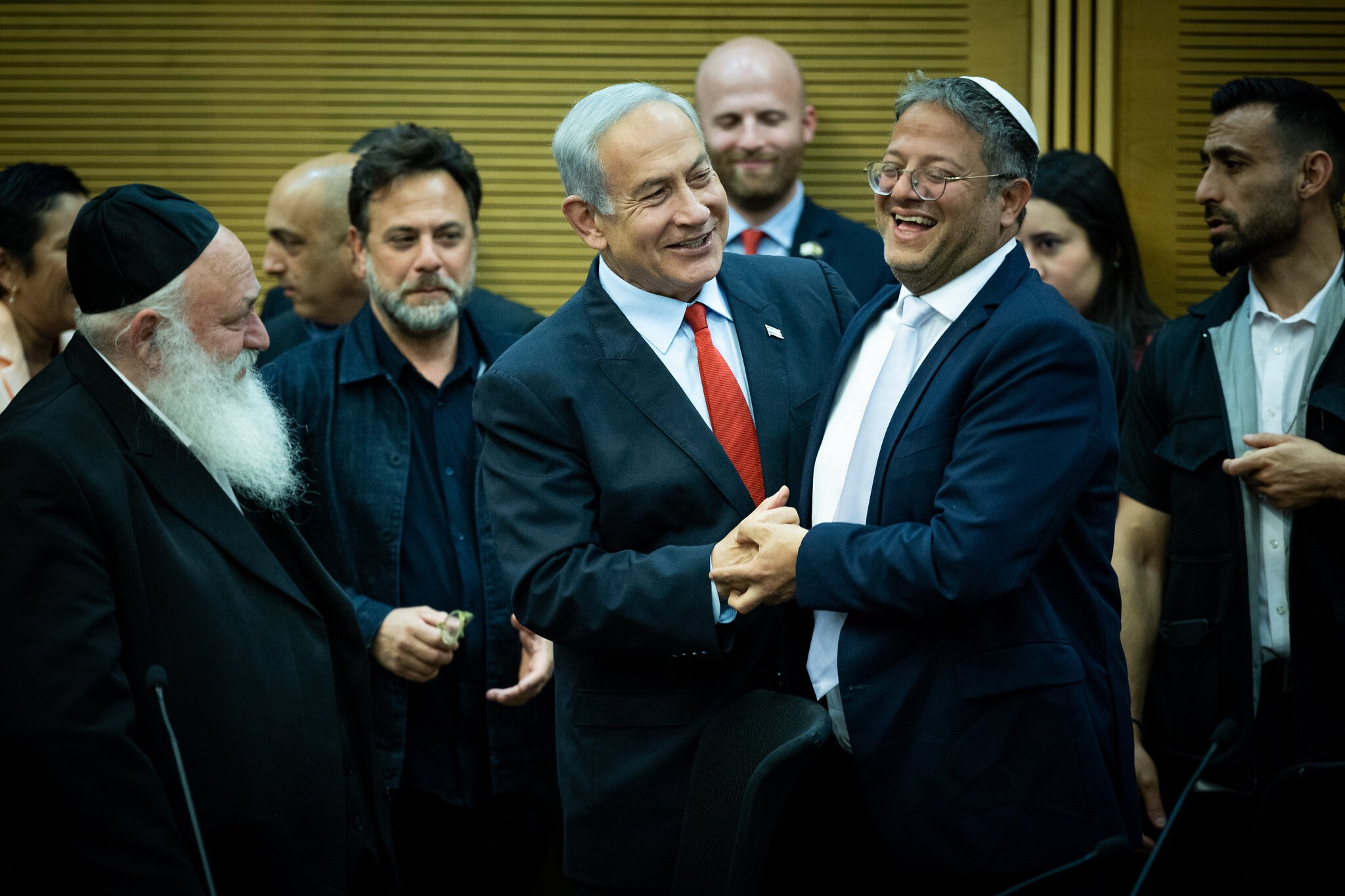
On their part, the families of the Israeli captives said that “they were shocked, angry, and horrified by the deliberate disruption of the process of repatriating their loved ones from captivity.”
They called on the Israeli public to respond to the opposition's call to escalate protests and demonstrate against Benjamin Netanyahu's decision to resume the war on Gaza.
In a related development, Israeli opposition leaders claimed that the current escalation was a political maneuver aimed at keeping Netanyahu in power.
Yair Golan, chairman of the Democratic Union, said that “the soldiers on the front lines and the kidnapped soldiers are merely pawns in Netanyahu's game for survival.”
MK Ofer Cassif said that “what is happening is not a collapse of the ceasefire, but rather a deliberate attempt by the master of murderers to preserve his horrific government.”
A poll published by the Israel Democracy Institute on March 9 showed that 73% of Israelis support negotiating with Hamas to end the fighting and allow Israel to withdraw from Gaza in exchange for the release of the remaining prisoners.
It is worth noting that 56% of right-wing Israelis surveyed supported the ceasefire agreement, as did 62% of right-wing Likud voters.
Sources
- Netanyahu: Negotiations With Hamas to Take Place 'Only Under Fire'
- Israel consulted US on its strikes in Gaza, White House told Fox News
- Israel's Renewed Gaza Offensive Exposes Netanyahu's Real Goal: Political Survival Through Endless War
- Netanyahu Wants Endless War in Gaza. But Most Israelis Don't Want to Fight Anymore
- The operation to return Ben-Gvir has begun. The hostages will wait for the budget to be approved [Hebrew]


